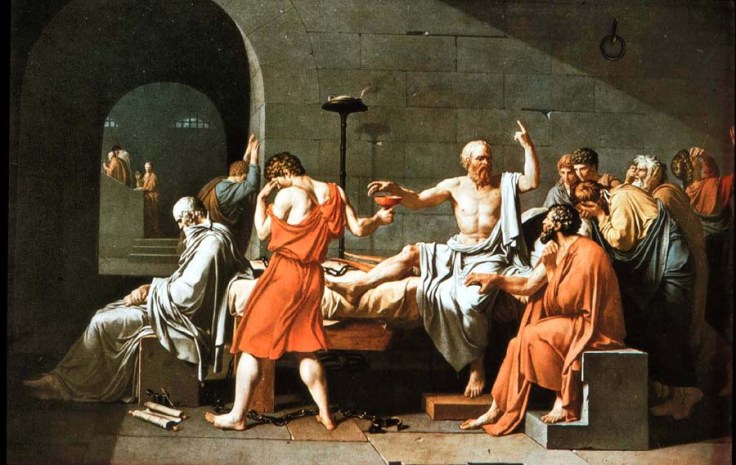
Propaganda is a term of art in the field of political science. A useful, if technical, definition is “the management of collective attitudes by the manipulation of significant symbols” (read more here to unpack that). It is important to understand that all politicians and governments use propaganda, no matter their party or ideology. The word has a distinctly pejorative connotation in its common usage, but its technical definition is not necessarily pejorative. The concept of propaganda is absolutely essential to understanding politics and policy.
To that end, here are a few thoughts on President Trump’s propaganda technique used on Twitter. In his 1927 PhD dissertation (at p. 195), political scientist Harold Lasswell characterized four different functions of political propaganda:
- to mobilize hatred against the enemy;
- to preserve the friendship of allies;
- to preserve the friendship and, if possible, to procure the cooperation of neutrals;
- to demoralize the enemy.
The characterization remains influential 90 years later, with Lasswell’s 1927 dissertation having been cited in more than 80 articles last year (so says Google Scholar). Lasswell’s four functions of propaganda can be usefully applied to understanding the Tweets of President Trump. Here I’ll illustrate with examples from 2018.
Continue reading “Analyzing Trump’s Tweets as Propaganda” →

 These are some notes for my future reference on editorial policies of major scientific publishers on retraction. Most publishers have retraction policies (see: Resnik, D. B., Wager, E., & Kissling, G. E. (2015).
These are some notes for my future reference on editorial policies of major scientific publishers on retraction. Most publishers have retraction policies (see: Resnik, D. B., Wager, E., & Kissling, G. E. (2015). 
 More than a century ago,
More than a century ago, 
 Organizations give awards to recognize those individuals who best display the values that organization seeks to represent and uphold. The American Association for the Advancement of Science is the leading scientific organization in the United States. From a vast pool of excellent scientists who engage with the public, the AAAS has decided in 2018 to give its prestigious award for Public Engagement with Science to climate scientist, Michael E. Mann.
Organizations give awards to recognize those individuals who best display the values that organization seeks to represent and uphold. The American Association for the Advancement of Science is the leading scientific organization in the United States. From a vast pool of excellent scientists who engage with the public, the AAAS has decided in 2018 to give its prestigious award for Public Engagement with Science to climate scientist, Michael E. Mann.
 Along with Björn-Ola Linnér of Linköping University, I’ve completed a draft of a new paper titled “The Green Revolution and Political Myth.” It has been a long time in the drafting and we expect to submit soon after the new year.
Along with Björn-Ola Linnér of Linköping University, I’ve completed a draft of a new paper titled “The Green Revolution and Political Myth.” It has been a long time in the drafting and we expect to submit soon after the new year. Last week
Last week
Recent Comments